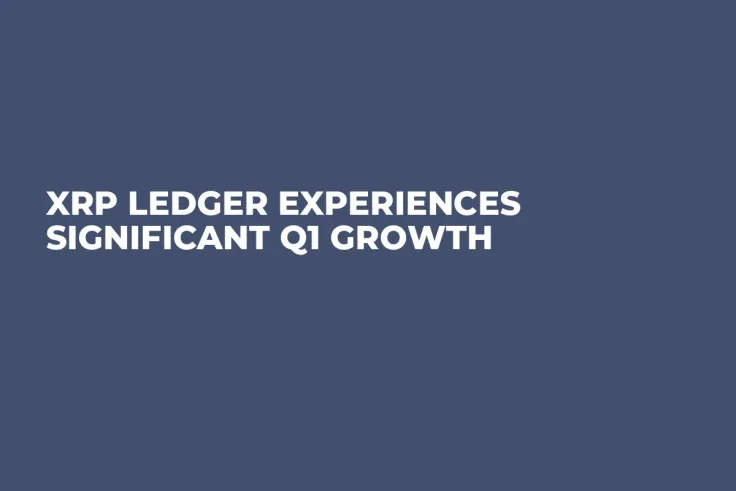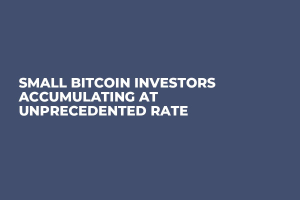The first quarter of 2023 has been an active one for the XRP Ledger (XRPL), according to a recent report by Messari. Key indicators point to an upswing in activity, with daily active addresses and daily transactions surging 13.9% and 10.7% respectively. Perhaps most notable was the impressive 55.5% rise in the price of XRP, jumping from $0.35 to $0.54. The boost came in the wake of encouraging news from the ongoing legal case between Ripple and the Securities and Exchange Commission (SEC).
Notably, the Q1 report also highlighted the evolution of the XRPL ecosystem. The XLS-20 standard has introduced NFT transactions, with five new transaction types now established and another five proposed. Despite a slight decrease in NFT activity compared to the previous quarter, Q1 still saw 436,000 NFT mints and 277,000 NFT offers accepted. Furthermore, the Coreum and Flare Network sidechains, both of which focus on interoperability and decentralized data, reached their mainnet.
XRP’s financial performance also saw a considerable uptick, outperforming the total crypto market cap increase. XRP's market cap rose by a notable 59.9% from $17.4 billion to $27.8 billion. A positive development in the SEC case against Ripple served as a significant catalyst, sparking two substantial price surges in March. The XRPL’s transaction fees, which are burned, have placed deflationary pressure on the total supply of XRP, providing a counterbalance to the inflation rate and contributing to the price increase.
Looking towards the future, the XRPL developers’ focus is set firmly on the realms of NFTs, the metaverse, and smart contracts. The report detailed plans for Futureverse's Root Network, Hooks, and an Ethereum Virtual Machine (EVM) sidechain. If successful, these developments will bring an additional layer of functionality to the XRPL ecosystem, which already offers a range of features including fast, energy-efficient cross-currency and cross-border payments.



 Dan Burgin
Dan Burgin Vladislav Sopov
Vladislav Sopov